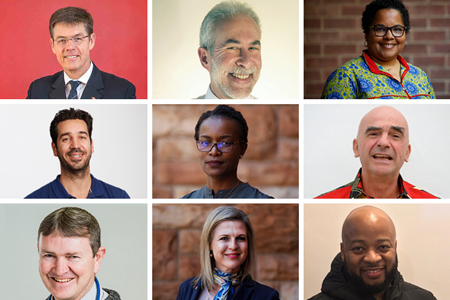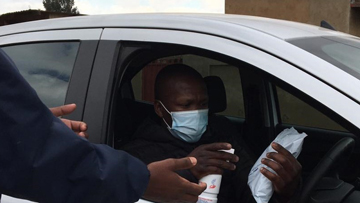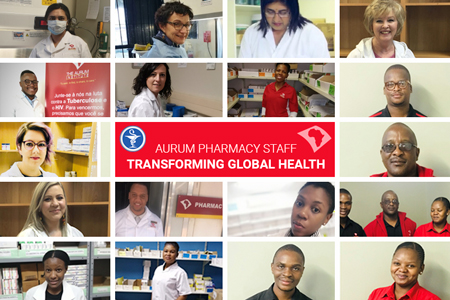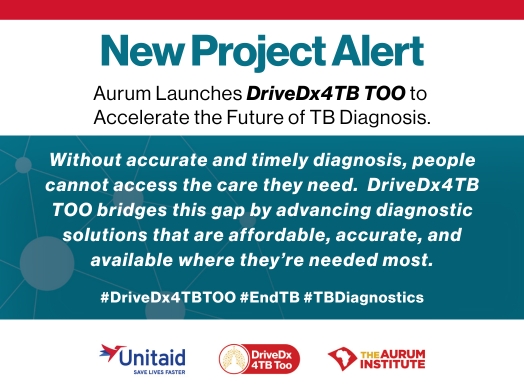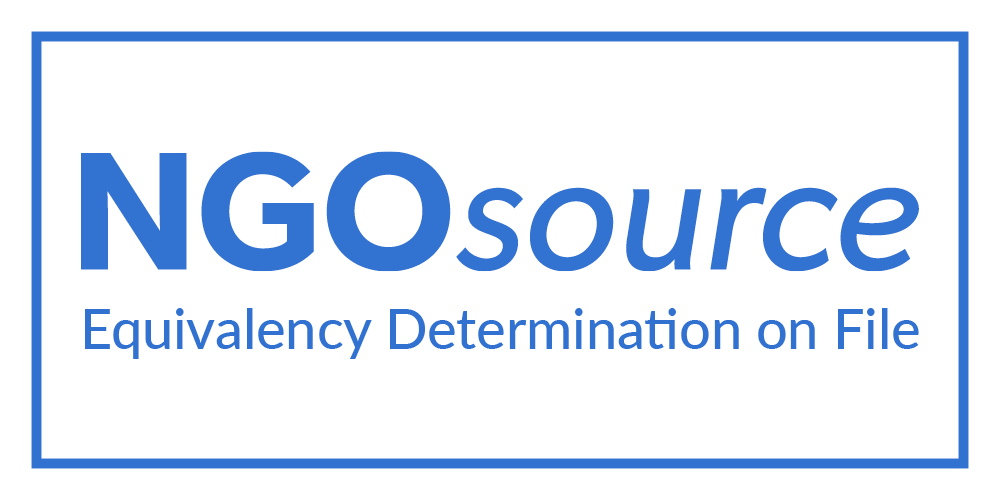We are willing and ready to lead, says Prof Gavin Churchyard in response to more funding being allocated to locally-led development organisations.
Prof Churchyard, Aurum Group Chief Executive Officer, was speaking at a webinar hosted by global development organisation Humentum on how to turn the US Agency for International Development (USAID) pledge of 25% of its funding for local partners into reality.
“As a proudly African-based, international NGO with our own projects and research programmes in 25 countries, we have learnt some important lessons. I am delighted this discussion is continuing, but we need to act, we need to see this being translated into action,” said Churchyard.
Announcing the pledge last year, USAID Administrator Samantha Power said partnering with local NGOs and businesses, is an opportunity to double the impact and not just manage a project and deliver results, but to grow the local capacity of that business or organisation so the impact will be sustained long after its relationship with USAID ends.
He was joined on the panel by James Randall Tift: International Development Consultant, Oxford House Senior Associate; Justin Fugle, Head of Policy at Plan International USA and Larry Cooley, President Emeritus and Senior Advisor at Management Systems International.
Accountability
Humentum CEO Dr Christine Sow, who moderated the discussion, noted that donors are risk-averse and require accountability and stewardship for their funds. “They put in place systems and processes, complex compliance regimes and regulatory burdens, that serve as bottlenecks to shifting towards locally-led development,” she said.
Churchyard called for structural barriers such as onerous grant contracts, to be addressed, as they excluded local groups.
“If we’re going to do this, we will have to structure it in a way that gives the opportunity for local entities to apply for grants but acknowledge that they need support,” he added.
Prof. Gavin Churchyard, Aurum Group CEO says there is clear leadership potential locally, although there is a need for additional funding and partnership to deliver. pic.twitter.com/l7ObRuppSX
— The Aurum Institute (@Auruminstitute) January 12, 2022
Local leadership and technical experts also need to be capacitated through partnerships, mentoring and training to also acquire the skills required to deliver on grants. “For instance, some of the grants are umbrella grants, where the prime is the international NGO in the North supporting the capacity building of people in the South.” Churchyard said this perpetuates the problem of dependency on the North. “People should be given the opportunity to lead and be provided with the support and investment be made in systems which should then be made accessible to local partners, if we want to hold them accountable,” said Churchyard.
Fugle added that too many decisions are being made in Washington way before the money hits the ground. “There is no flexibility, you can’t respond to local priorities even if you want to,” he said.
Challenges
Another challenge for local organisations is that they do not receive Negotiated Indirect Cost Rate Agreement (NICRA). This is the US government’s agreement with non-profit organisations and similar organisations for the rate at which it will reimburse indirect costs.
“When competing for these grants, we have to often do things with a de minimis of 10% and yet our competitors will get a NICRA of up to 60%. So, when applying for grants, they have resources to make sure they have the processes, systems and people in place to ensure the accountability. We are competing with our hands tied behind our backs,” said Churchyard.
According to MSI’s Larry Cooley, localisation should not just be “switching name tags and country codes” but rather local organisations should be performing the same functions as international organisations. “That would be a pretty shallow notion of what locally-led means. It would substitute the local agency on once sense but not the voice in the sense of what the programmes are and what they should be.”
Churchyard encouraged local colleagues and organisations to lead not just locally and regionally, but at a global level as well.
“There is no reason for us not to. In research for instance, we can identify local needs so that we are locally responsive to challenges, but also do the research, develop programmes, develop the innovation that will be globally relevant so that the work we do can transform not just local policy and practice but global policy and practice,” he said.
To view the full Humentum webinar click here.




